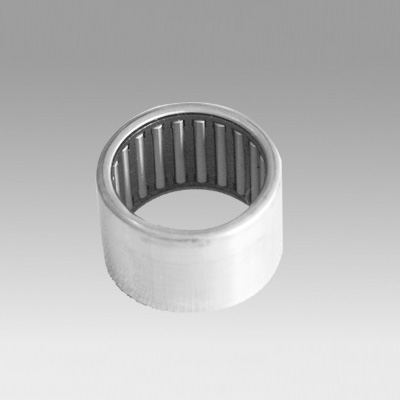
Гру . 13, 2024 00:05 Back to list
Innovative Equipment for Efficient Bearing Production and Manufacturing Solutions
The Evolution and Impact of Bearing Making Machines
In the world of machinery and manufacturing, the importance of bearings cannot be overstated. Bearings serve as crucial components in various applications, reducing friction between moving parts and ensuring smooth operation. With the advent of advanced technology, the design and production of these essential components have evolved significantly, leading to the development of specialized bearing making machines. This article explores the significance of bearing making machines, their operational principles, technological advancements, and their impact on the manufacturing industry.
The Significance of Bearing Making Machines
Bearings are ubiquitous in industries such as automotive, aerospace, and machinery. Their primary purpose is to support rotating shafts and reduce friction between moving parts. Given the critical role bearings play in the performance and longevity of machinery, the precision and quality of their manufacture are paramount. Bearing making machines are designed specifically for producing different types of bearings, including ball bearings, roller bearings, and tapered bearings. By automating the production process, these machines enhance efficiency and reduce production costs while ensuring high-quality output.
Operational Principles
Bearing making machines typically operate through a series of steps, including forging, machining, heat treatment, and assembly. The process begins with the selection of raw materials, often high-carbon steel or other alloys known for their durability and strength.
1. Forging This is the first step where the raw material is shaped into a bearing blank through a process involving heat and pressure. 2. Machining After forging, the bearing blank undergoes machining, which involves precise cutting, grinding, and honing to achieve the desired dimensions and surface finish. This step is crucial for ensuring the proper fit and functionality of the bearing.
3. Heat Treatment To enhance the hardness and wear resistance of the bearing, heat treatment processes such as quenching and tempering are applied. This step is vital, as it improves the performance and longevity of the bearings.
4. Assembly The final step involves assembling the various components of the bearing, including outer races, inner races, rollers or balls, and cages. Advanced bearing making machines can even perform this assembly automatically, further increasing production efficiency.
bearing making machine

Technological Advancements
With constant advancements in technology, bearing making machines have become more sophisticated. Computer Numerical Control (CNC) technology has significantly improved the precision of machining processes, allowing for tighter tolerances and better surface finishes. Additionally, the introduction of automation and robotics has streamlined production, reducing human error and increasing output rates.
Moreover, the integration of Industry 4.0 principles has transformed bearing manufacturing. Machines are now equipped with sensors and connected to IoT platforms, allowing for real-time monitoring and data analysis. This capability enables manufacturers to predict maintenance needs, optimize production processes, and improve overall efficiency.
Impact on the Manufacturing Industry
The development of bearing making machines has had a profound impact on the manufacturing industry. By automating production, manufacturers can significantly reduce labor costs and increase production speed. The resulting high-quality bearings contribute to enhanced machinery performance and reliability, which is crucial for industries where downtime can lead to significant financial losses.
Furthermore, the demand for high-performance bearings in advanced applications—such as electric vehicles and renewable energy systems—has prompted innovations in bearing design and materials. As manufacturers strive to meet these demands, bearing making machines play a pivotal role in enabling the production of specialized bearings that meet specific performance criteria.
Conclusion
In conclusion, bearing making machines are essential to modern manufacturing. Their role in producing high-quality bearings efficiently has transformed industries and contributed to technological advancements. As manufacturers continue to seek ways to improve performance and reduce costs, the evolution of bearing making machines will remain a critical factor in achieving these goals. The future promises further innovations, ensuring that bearings continue to meet the demands of increasingly sophisticated machinery and applications.
Latest news
-
Premium Deep Groove Ball Bearings | High Speed & Reliability
NewsAug.29,2025
-
Durable Scaffolding Clamps - Secure & Reliable Tube Connectors
NewsAug.28,2025
-
Common Failures in Thrust Ball Bearings and Solutions
NewsAug.22,2025
-
How Tapered Roller Bearings Can Take Shock Loads
NewsAug.22,2025
-
Angular Bearings in High-Precision Spindles
NewsAug.22,2025
-
The Impact of Misalignment on Cylindrical Roller Bearing Performance
NewsAug.22,2025
